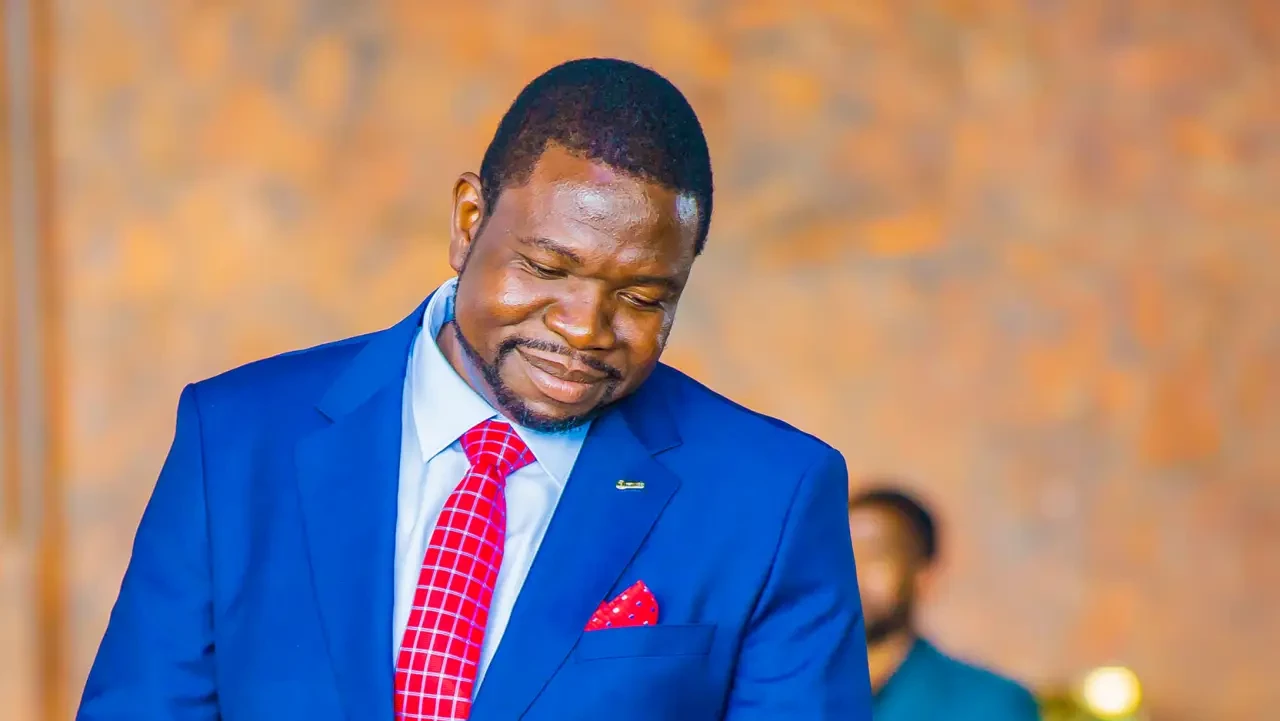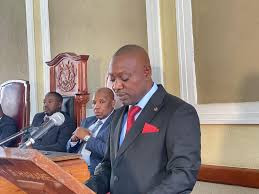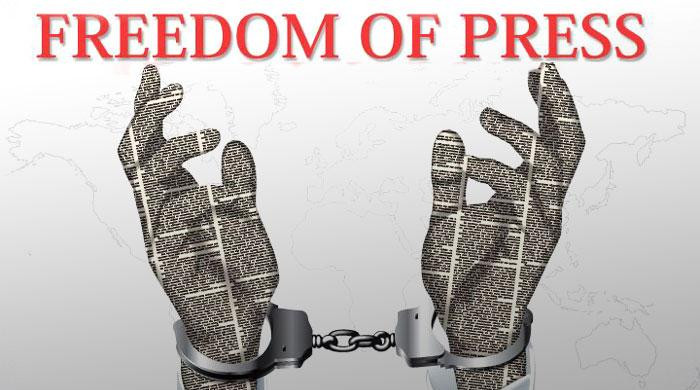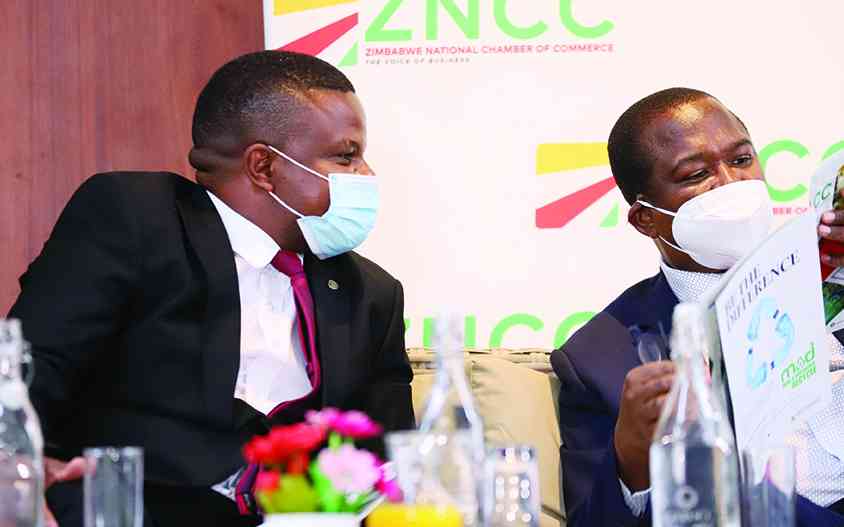PRESIDENT Emmerson Mnangagwa has described his first 10 days in office as hectic, but expressed optimism that his Cabinet team would live up to expectations and give the country’s battered economy a much-needed jumpstart after decades of decay under his predecessor Robert Mugabe’s administration.
BY OBEY MANAYITI
Mnangagwa — who is still smarting from a weekend boob, where he appointed more than the required number of non-constituency ministers before correcting the anomaly a day later — said his administration would prioritise reviving the economy more than anything else.
Addressing journalists at the swearing-in ceremony for his 21-member Cabinet team at State House, Mnangagwa also called for unity of purpose among Zimbabweans in rebuilding the country.
“I have sworn in a new Cabinet just to finish the term of the former President, which is a period of between six to seven months,” he said, adding: “I want them (Zimbabweans) united, we must grow our economy.
“It has been hectic, but I believe with my team we will stand up to the challenge”
Keep Reading
- Chamisa under fire over US$120K donation
- Mavhunga puts DeMbare into Chibuku quarterfinals
- Pension funds bet on Cabora Bassa oilfields
- Councils defy govt fire tender directive
The new team comprises of 21 Cabinet ministers, 11 Ministers of State, two deputy ministers and Prosecutor-General Ray Goba.
These include two top military officers — Major-General Sibusiso Moyo and Air Marshal Perrance Shiri, who landed the Foreign Affairs and Lands portfolios respectively after facilitating Mnangagwa’s rise through the military-led “Operation Restore Legacy”, which pushed out Mugabe.
Both Shiri and Moyo defended their appointments and pledged to work towards creating a win-win situation for the country.
“I am still not yet in the office, but I will focus on economic transactional diplomacy,” Moyo said.
Shiri said he would work towards making agriculture the mainstay of the economy after spearheading government’s command agriculture programme last year.
“We have to ensure there is production,” he said.
“All land has to be utilised and apart from that we want productivity to be increased and we realised we contribute a lot towards the country’s GDP (gross domestic product) and wealth creation, so we have to live up to the expectations of the country.
“There is a slight difference that last year I was leading the technical implementation team, but now I am the minister responsible for all aspects of agriculture.”
Shiri defended the inclusion of former military officers in the Cabinet.
This came amid concerns that the army, given its role in Mnangagwa’s ascendancy, will be pulling strings in his government.
“When I was in the military I was under the Ministry of Defence, which is part of government and who said military people should never be politicians?” Shiri queried.
“I am a Zimbabwean and I have every right to participate in the country’s politics.”
Industry, Commerce and Enterprise Development minister Mike Bimha described his urgent task as to reorganise and rationalise the ministry to include the new department, enterprise development, so as to deliver on the new mandate.
“We need to revisit our strategy as a ministry in line with the thrust given by His Excellency,” he said.
“In his inauguration speech, he had a number of areas that he wants us to focus on and obviously we need to realign our strategy so that it supports what the President has indicated and I think what is left for us is the issue of implementation.
“The issues of job creation, resuscitating and developing new industry are areas we continue looking at.”
As for the contentious Statutory Instrument (SI) 64 of 2016, Bimha said although the law was there to stay, they would find other ways to reinforce it to meet new demands.
“SI 64 of 2016, as we said earlier, is here to stay and what we need is to buttress and reinforce it,” he said.
“What we intend to do is to reinforce it with a local content policy and that is what we are working on at the moment.”
Finance deputy minister Terrence Mukupe said the government would be putting in place a new culture of governance that will do away with wastages that were pulling the economy down.
“The days of having wastages and having fancy lives for the bosses within the civil service have to go, we have to cut off the fat.”
On bonuses for civil servants, Mukupe said he would have to wait for direction from the President and Finance minister Patrick Chinamasa, who refused to take questions from the media.
Chinamasa has been a sharp critic of the 13th cheque, but was always chastised and lampooned by Mugabe over this unpopular stance.





